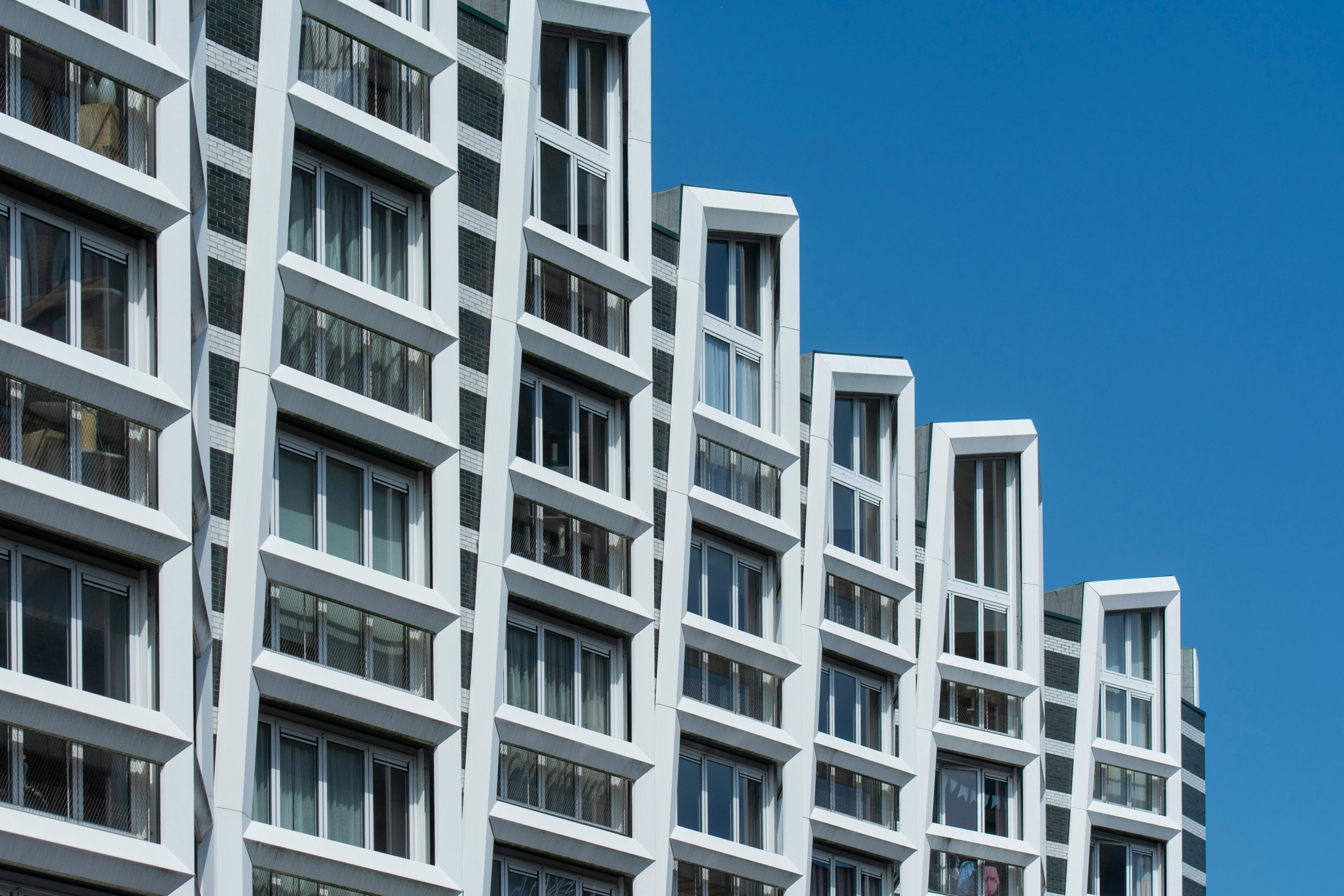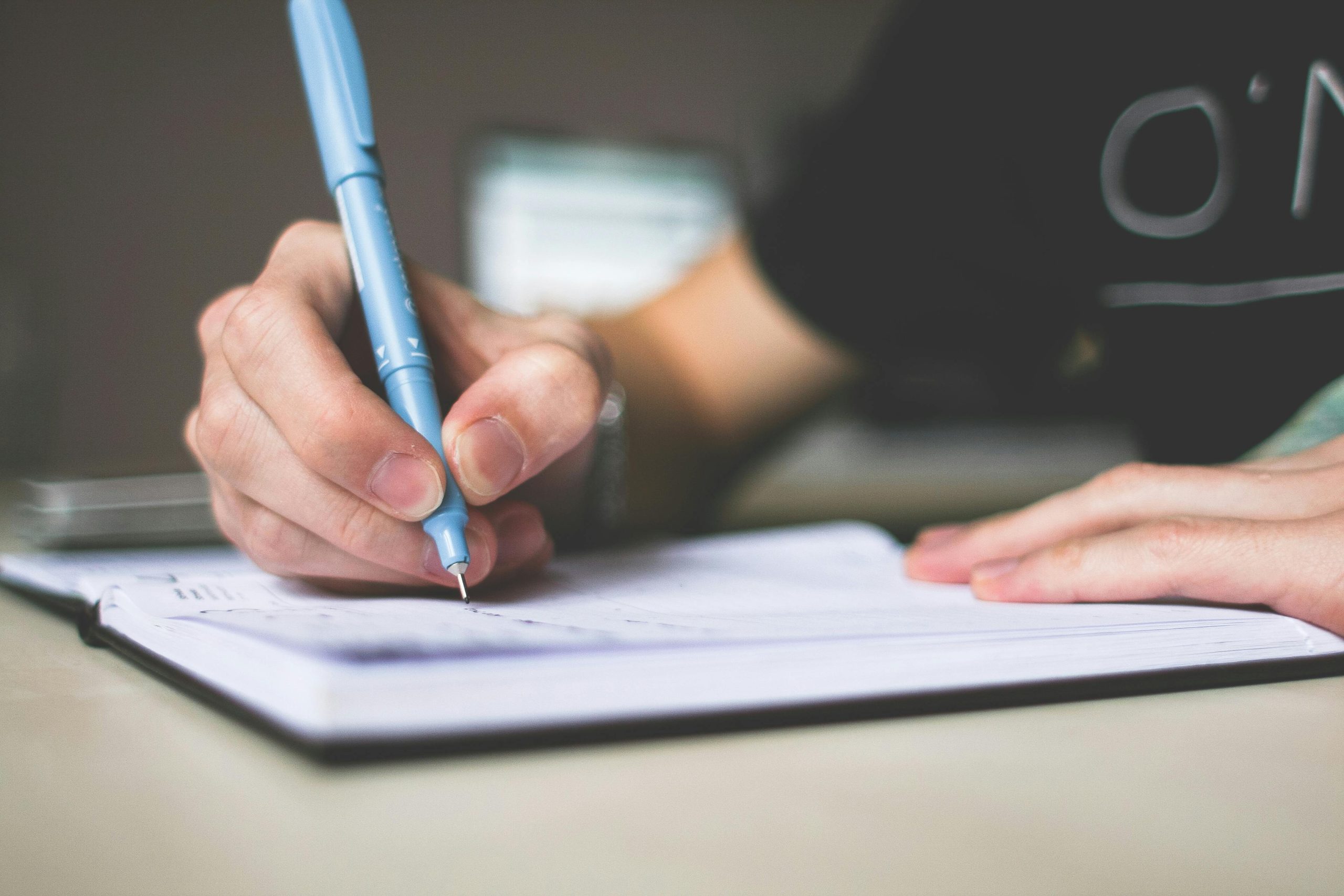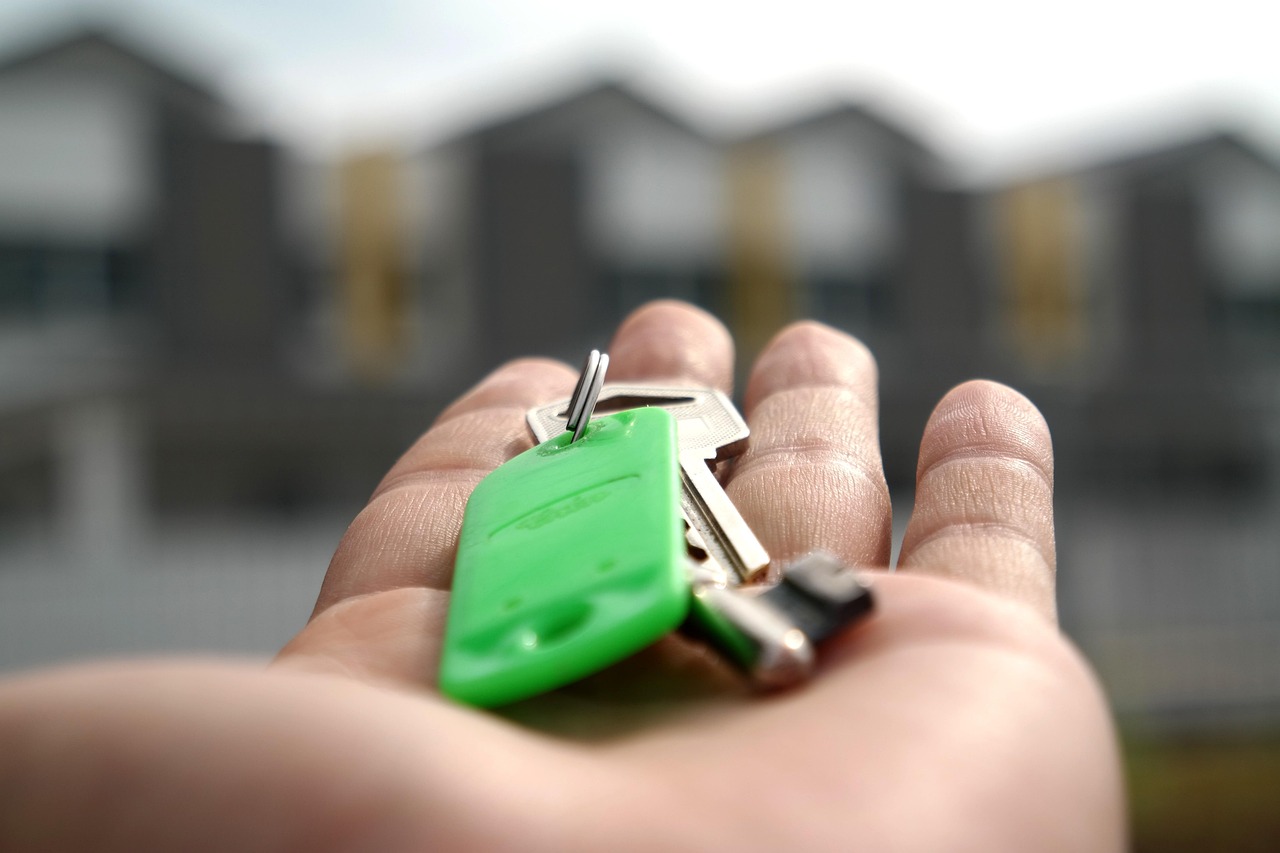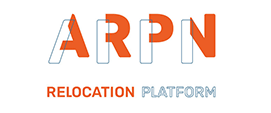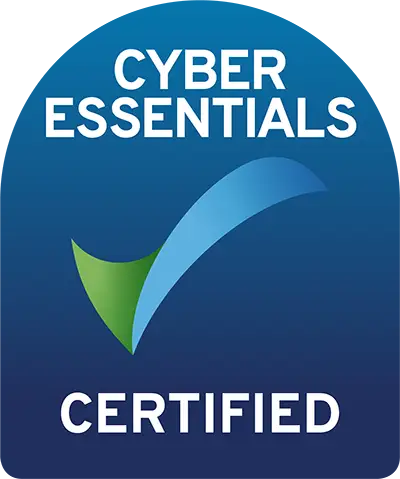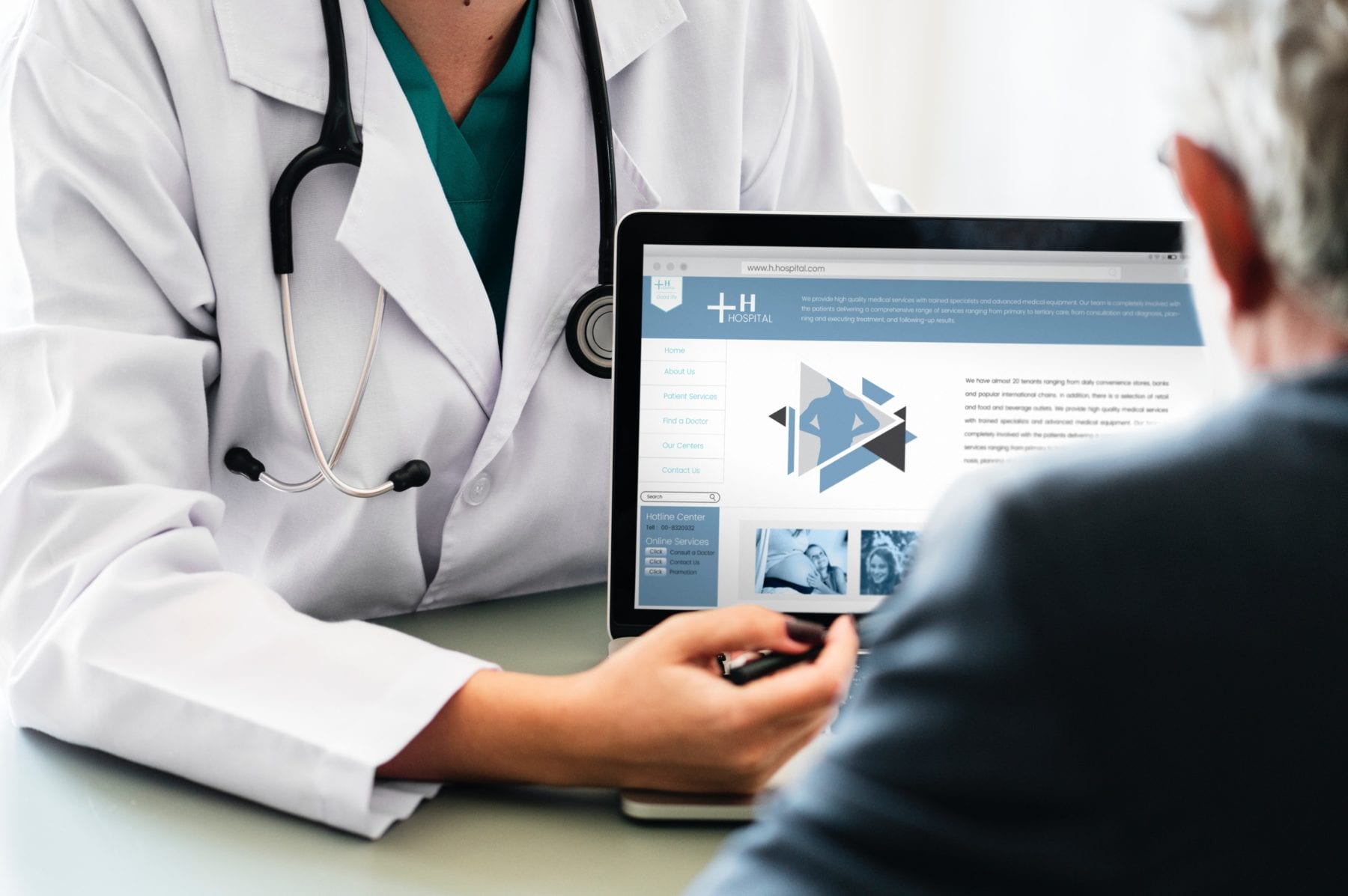
How does the medical system work in the Netherlands?
Index
- How does the medical system work in the Netherlands?
- How do I register with a general practitioner (GP) in the Netherlands?
- Is it mandatory to have a GP?
- Why are Dutch doctors so reluctant to prescribe medication?
- Can I visit a specialist directly?
- What should I do in case of a medical emergency?
- I haven’t registered at a GP yet but need medical assistance. Where should I go?
- Are English-speaking doctors available?
- How do I get a prescription?
- Are dental services covered by health insurance?
- How do I access mental health services?
- What is the role of health insurance in accessing care?
- Can I get a second opinion?
- How can Anywr Netherlands help?
The Dutch medical system is based on a gatekeeper model, where general practitioners (GPs, or huisartsen in Dutch) coordinate most care and referrals. Basic health insurance is mandatory and provided by private insurers under government regulation. Unlike some countries, you cannot visit a specialist directly—you need a referral from your GP. The system emphasizes accessibility, prevention, and cost control.
You need to choose a GP near your home and contact their office to register. Some may require an intake appointment or proof of residence. You need a BSN to register at a GP.
Yes, the GP is your first point of contact for all non-emergency medical issues. They provide referrals to specialists if needed.
In the Netherlands, the medical system follows a conservative approach to prescribing medication, especially antibiotics. General practitioners (GPs) are cautious and follow strict national guidelines to avoid overuse and resistance. Unlike in some countries where antibiotics are prescribed more freely, Dutch doctors often recommend rest, hydration, and monitoring before prescribing medication. Prescriptions are only issued when medically necessary, and repeat prescriptions are carefully managed in collaboration with pharmacies.
No, you generally need a referral from your GP to see a specialist, unless it’s an emergency.
Call 112 for life-threatening emergencies. For urgent but non-life-threatening issues, contact your GP or the after-hours GP service (huisartsenpost).
For life-threatening emergencies, call 112 immediately or go to the nearest hospital emergency department.
In other urgent but not life-threatening cases, many practices will help you even if you’re not yet registered. If you are in Amsterdam you might contact Tourist Doctors.
If it’s outside regular office hours and your issue is urgent but not life-threatening, you can contact the local Huisartsenpost. They provide care during evenings, nights, and weekends.
If you are not insured yet, you may need to pay for the consultation yourself. Keep receipts in case you get insured later and can claim reimbursement.
Yes, many doctors in the Netherlands speak English, especially in larger cities and expat-focused practices.
Your GP or specialist will issue a prescription, which you can take to a pharmacy (apotheek). We recommend choosing a regular pharmacy, so your medications can be safely coordinated and used alongside each other.
Basic insurance does not cover adult dental care. You need supplementary insurance for dental coverage.
Start by discussing your concerns with your GP, who can refer you to a psychologist or psychiatrist if needed.
You must have Dutch health insurance to access most medical services. It covers GP visits, hospital care, and prescribed medications.
Yes, you can request a second opinion, but you may need a referral and approval from your insurer.
Anywr Netherlands can help you finding an English speaking GP who can take on new clients. We can also help finding a dentist and a pharmacy.
